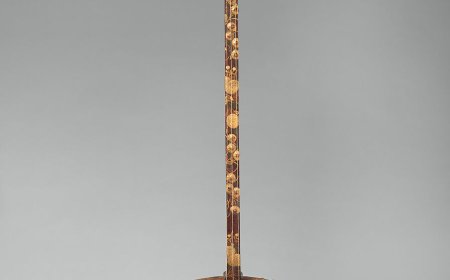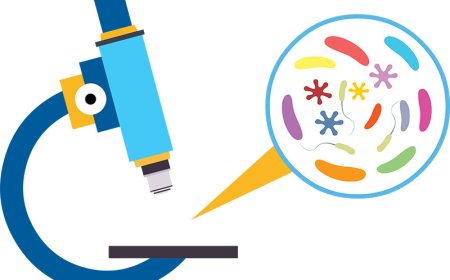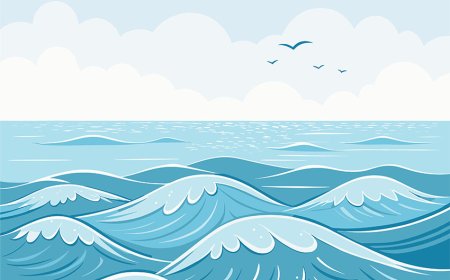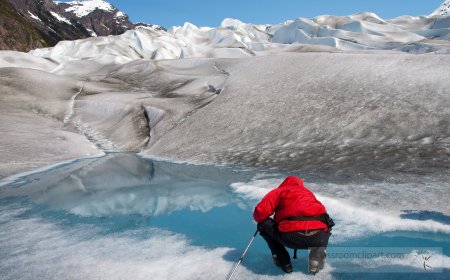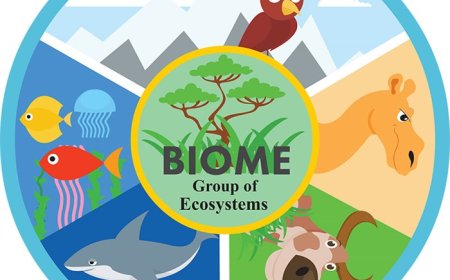Science
Explore the world of science in a fun and educational way! Learn the scientific method, main branches of science, and cool facts about famous scientists

Science: Discovering the World Around Us
Science is a way of learning about the world. It helps us answer questions like: Why is the sky blue? What are stars made of? or How does medicine work? Science is all around us—from the technology in your phone to the food you eat and even the weather outside. Scientists use careful observation, experiments, and thinking to explore and understand nature, living things, and how things work.
This article will explore what science is, how it works, the major branches of science, famous scientists, and why science matters in our everyday lives.
What Is Science?
Science comes from the Latin word scientia, meaning “knowledge.” It is not just facts—it’s a way of asking questions and finding answers through evidence and testing. It is based on curiosity, observation, and reasoning.
Science follows the scientific method, which includes:
-
Asking a question
-
Doing background research
-
Forming a hypothesis (a testable idea)
-
Conducting experiments
-
Analyzing data
-
Drawing a conclusion
-
Sharing results
This process helps scientists learn whether their ideas are right or wrong—and every answer often leads to new questions!
The Branches of Science
Science is divided into many fields. Each field focuses on a different part of the natural world.
1. Physical Science
Physical science studies non-living things like matter and energy. It includes:
-
Physics: the study of motion, forces, energy, and the laws of nature.
-
Chemistry: the study of substances and how they change.
2. Life Science (Biology)
Life science is the study of living things, from tiny bacteria to giant whales.
-
Biology: the general study of life.
-
Zoology: the study of animals.
-
Botany: the study of plants.
-
Microbiology: the study of microscopic life forms.
3. Earth and Space Science
This branch looks at our planet and the universe.
-
Geology: the study of Earth’s rocks, volcanoes, and earthquakes.
-
Meteorology: the study of weather and climate.
-
Astronomy: the study of stars, planets, and space.
Each branch works together. For example, studying climate change uses biology, chemistry, and Earth science.
How Science Affects Our Lives
Science plays a big role in our everyday lives—even if we don’t always notice it.
-
Medicine: Doctors use biology and chemistry to treat diseases.
-
Technology: Engineers use physics and math to build computers and airplanes.
-
Environment: Scientists study pollution and climate change.
-
Food and farming: Biology helps grow better crops.
Thanks to science, we live longer, healthier, and more comfortable lives.
Famous Scientists and Their Discoveries
Many scientists have changed how we see the world.
-
Isaac Newton (1643–1727): Discovered the laws of motion and gravity.
-
Marie Curie (1867–1934): Studied radioactivity and won two Nobel Prizes.
-
Albert Einstein (1879–1955): Developed the theory of relativity.
-
Jane Goodall (born 1934): Studied chimpanzees and animal behavior.
-
Katherine Johnson (1918–2020): Helped send astronauts to space.
These scientists asked bold questions and found creative answers.
The Role of Technology in Science
Science and technology go hand in hand.
-
Microscopes to see tiny cells.
-
Telescopes to observe faraway stars.
-
Computers to model weather and run experiments.
Technology helps scientists share information quickly around the world.
Why Science Education Matters
Learning science teaches us to think critically, solve problems, and understand the world better.
Science education encourages:
-
Curiosity: Asking questions.
-
Problem-solving: Using evidence to find answers.
-
Teamwork: Working with others.
-
Communication: Sharing ideas clearly.
With science, students learn to make smart choices.
The Future of Science
Science is always growing. Today, scientists study:
-
Space exploration: Searching for life beyond Earth.
-
Artificial intelligence: Teaching machines to learn.
-
Green energy: Finding cleaner power sources.
-
Genetics and DNA: Treating diseases before they start.
You might be the next big scientist!
Fun and Easy Science Experiments at Home
Want to be a young scientist? Try these activities:
-
Lava lamp experiment: Mix oil, water, and food coloring. Add Alka-Seltzer for bubbles.
-
Make a rainbow: Use a glass of water and a flashlight to bend light.
-
Grow a plant: Place a bean seed in a wet paper towel inside a clear bag. Watch it sprout.
These experiments teach observation, prediction, and data collection.
Interesting Science Facts
-
The Earth orbits the Sun at about 67,000 miles per hour.
-
Water is the only natural substance on Earth in solid, liquid, and gas forms.
-
A teaspoon of soil can contain more living organisms than people on Earth.
-
Sunlight takes 8 minutes and 20 seconds to reach Earth.
-
Octopuses have three hearts and blue blood.
Kid-Friendly Summary
Science is about asking questions and finding answers. The scientific method helps us study everything from animals to space. Branches like biology, chemistry, and astronomy explain how things work. Science leads to new inventions, cures, and ways to protect Earth. You can be a scientist too—stay curious and try experiments at home!
Vocabulary Words
| Word | Definition |
|---|---|
| Observation | Using senses to learn about the world |
| Hypothesis | A guess or idea that can be tested |
| Experiment | A test to find out if a hypothesis is true or false |
| Data | Information collected during experiments |
| Conclusion | A final decision or answer based on evidence |
| Chemistry | The study of substances and how they change |
| Biology | The study of living things |
| Astronomy | The study of space, stars, and planets |
| Geology | The study of Earth, rocks, and landforms |
| Technology | Tools and machines made using science to solve problems |
Key Takeaways
- Science is a method of learning about the natural world using observation and experiments.
- The scientific method helps scientists answer questions by testing ideas step by step.
- Branches of science include physical science, life science, and Earth and space science.
- Science helps us in medicine, technology, the environment, and everyday life.
- Famous scientists like Newton, Curie, and Einstein made discoveries that changed the world.
- Science encourages curiosity, problem-solving, and critical thinking.





























